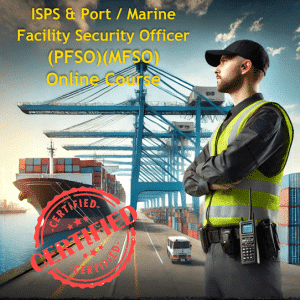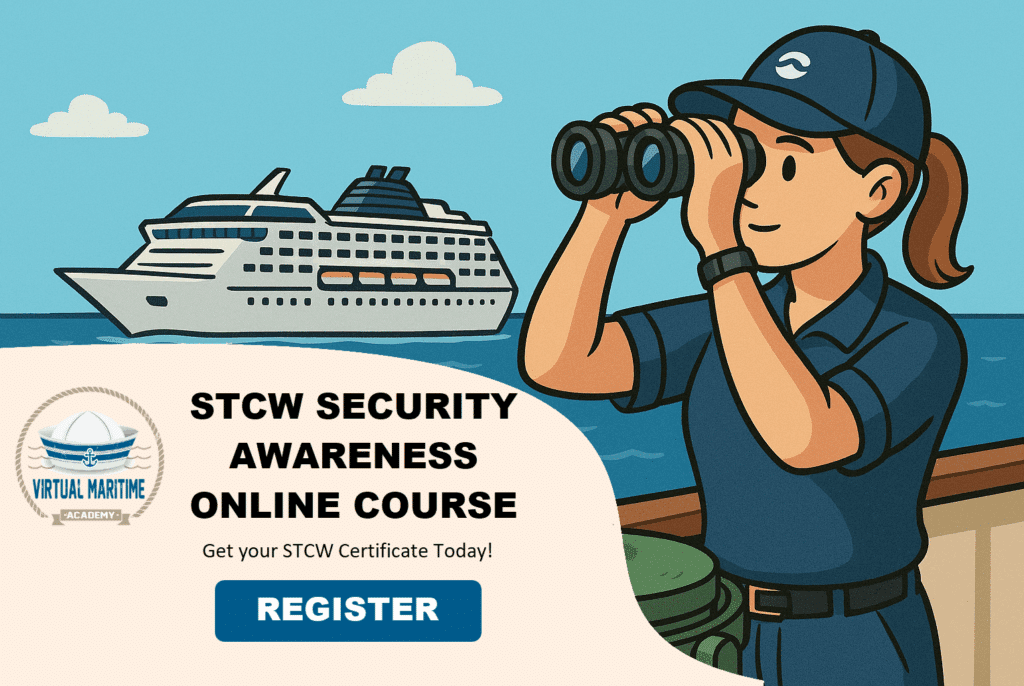Introduction to Port Management Best Practices
Effective port management is critical to the success of global trade and the efficient movement of goods. In today’s world, ports act as crucial nodes in the supply chain, managing vast amounts of goods while ensuring smooth operations, safety, and environmental sustainability. The complexity of port operations demands adherence to a set of best practices, which aim to optimize performance, enhance competitive advantage, and anticipate future challenges and opportunities. This article explores several key practices essential for effective port management.
Strategic Planning and Development
Long-term Vision
Successful port management begins with a robust strategic planning process. This involves setting clear, long-term objectives that align with regional economic goals, stakeholder expectations, and global trade trends. Strategic planning should encompass the development of infrastructure, technology adoption, and expansion capabilities.
Infrastructure Investment
Ports must continually invest in their infrastructure to handle current and future cargo volumes efficiently. This includes maintaining and upgrading docks, cranes, storage facilities, and access roads. Investment in deeper shipping channels and taller cranes can accommodate larger vessels, which are becoming more prevalent due to their cost-efficiency.
Learn more about our PFSO courses here!
Operational Efficiency
Automation and Technology
Integrating advanced technology is paramount in enhancing operational efficiency at ports. Automation of systems such as Terminal Operating Systems (TOS), and the use of Artificial Intelligence (AI) for predictive maintenance of equipment, are examples of technology adoption that can significantly reduce turnaround times and increase accuracy in operations.
Lean Management Practices
Applying lean management practices can greatly improve the productivity and efficiency of port operations. This involves streamlining operations, reducing waste, and optimizing resource use. For example, process improvements in container movement and storage can minimize delays and lower costs.
Environmental Sustainability
Implementing Green Initiatives
Ports are increasingly adopting eco-friendly initiatives to mitigate environmental impact. This includes using alternative energy sources, such as solar and wind, implementing stricter emissions standards, and introducing green technologies like electric and hybrid cranes and tugs to reduce greenhouse gas emissions.
Pollution Control Measures
Effective pollution control is essential in port management. This can be achieved through water and air quality management systems that monitor and control the emission of pollutants. Additionally, ports can implement spill response protocols and waste management strategies to handle hazardous materials safely and efficiently.
Learn more about our PFSO courses here!
Security Management
Enhanced Security Protocols
Ensuring the security of goods, employees, and infrastructure is crucial for port operations. This includes the implementation of comprehensive security measures such as surveillance systems, restricted access, and cybersecurity protocols to protect against unauthorized access and cyber attacks.
Coordination with Law Enforcement
Ports must also maintain strong collaboration with local, national, and international law enforcement agencies. This collaboration helps in efficient and timely handling of security issues, smuggling, human trafficking, and other illegal activities.
Collaboration and Stakeholder Engagement
Fostering Strong Relationships
Building and maintaining good relationships with all stakeholders—such as shipping lines, freight forwarders, local communities, and regulatory bodies—is fundamental to successful port management. Regular communication and the inclusion of stakeholders in decision-making processes can lead to more harmonious and effective operations.
International Cooperation
To handle the global nature of shipping and logistics, ports need to actively participate in international associations and agreements. These collaborations can provide insights into best practices globally and help standardize operations across ports, which is particularly beneficial for multinational shipping lines.
By adhering to these best practices, port management can thus not only ensure optimal operational performance but also contribute significantly to the broader goals of economic stability and environmental sustainability. Navigating these elements effectively positions ports to better handle future challenges, from changes in trade patterns to technological advancements.
About Virtual Maritime Academy
Virtual Maritime Academy is a leading provider of online maritime education and training, offering a wide range of courses designed to meet the needs of the global maritime industry. With a commitment to quality and innovation, Virtual Maritime Academy is dedicated to preparing seafarers and maritime professionals for success in their careers. Now a DNV Certified Maritime Training Provider, the academy upholds the highest standards of excellence in training and education.












